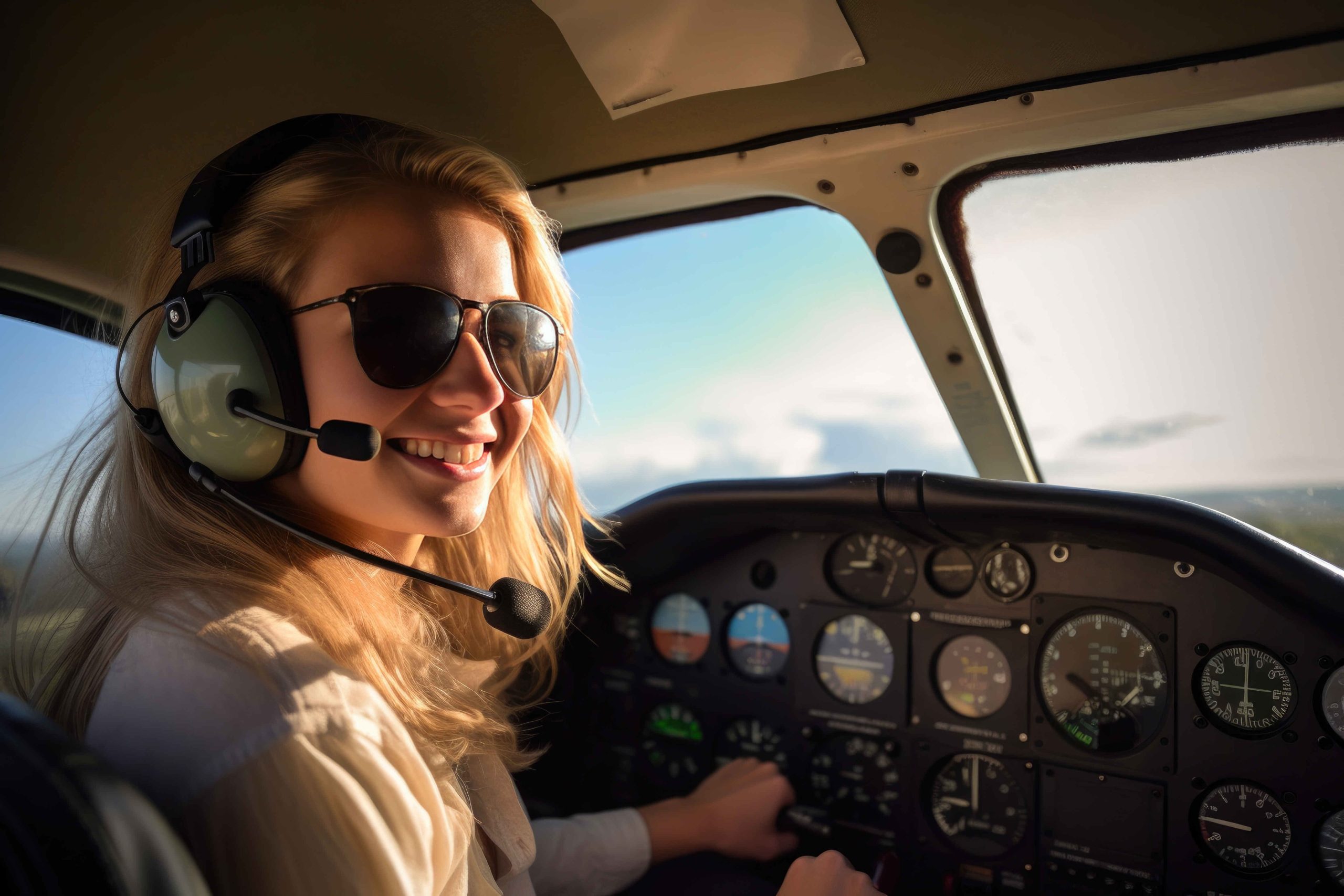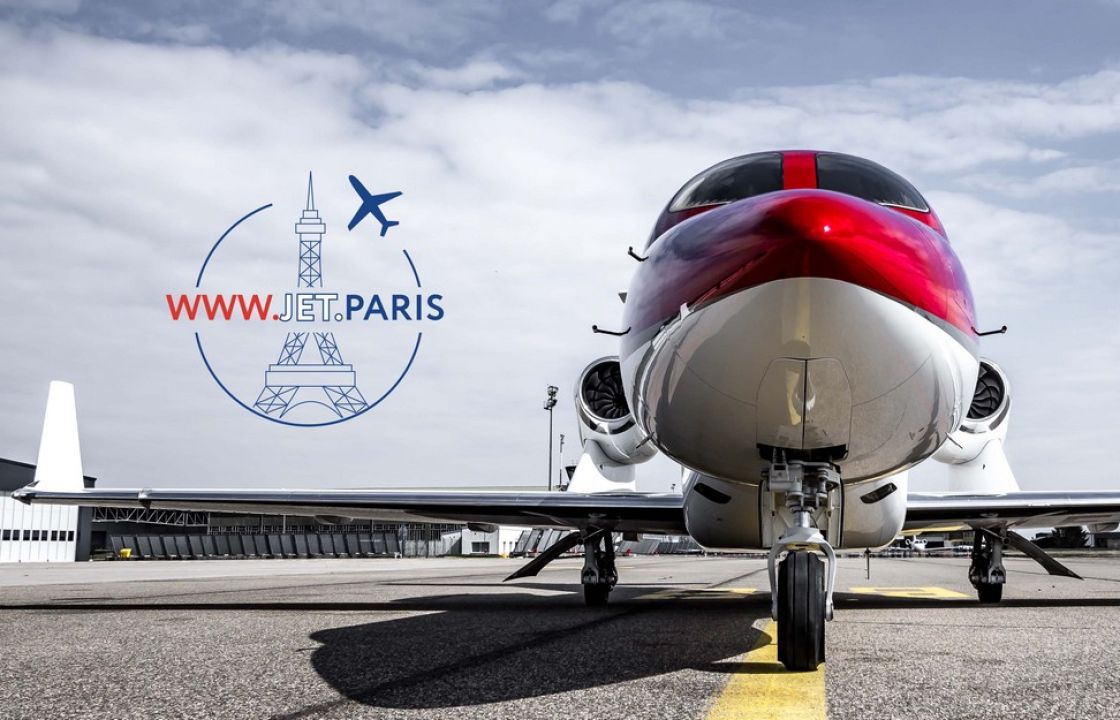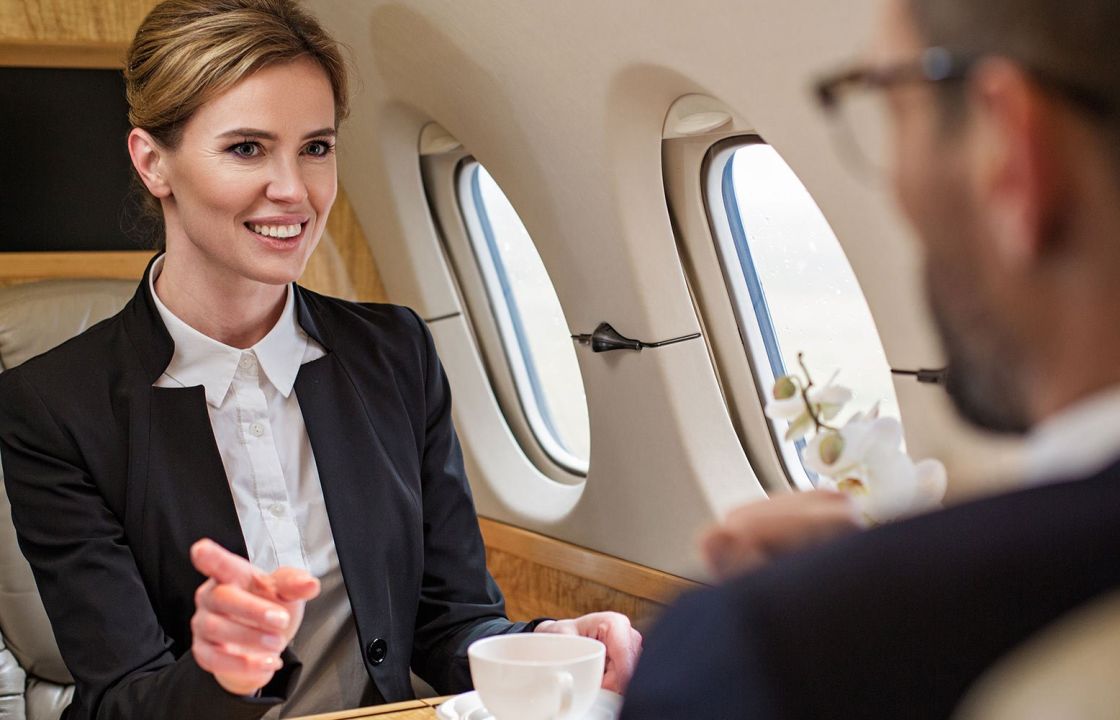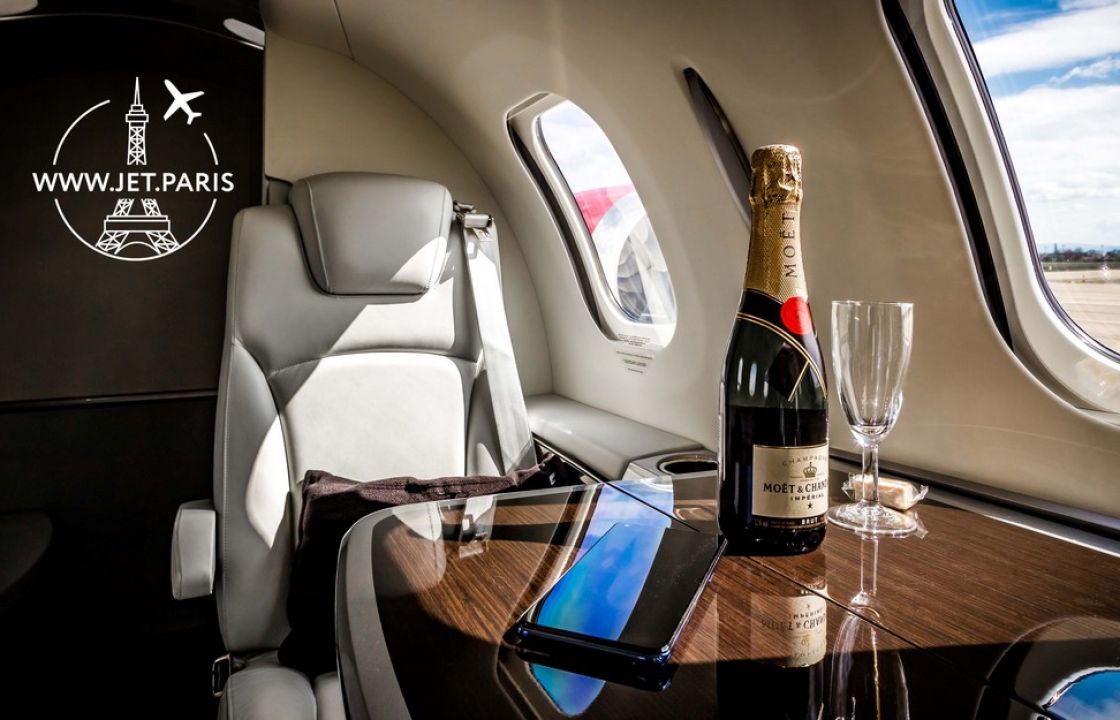Women in aviation have come a long way, but they continue to face numerous challenges and gender barriers. Throughout history, the aviation industry has been predominantly male-dominated, creating obstacles for women who aspire to pursue a career in this field. From stereotypes to limited opportunities, women have had to fight to break through these barriers and make a place for themselves in the aviation industry.
One of the main challenges women in aviation face is the deep-rooted stereotypes associated with the industry. Aviation has long been perceived as a masculine profession, leading to biased assumptions that women are not as capable or competent as their male counterparts. These stereotypes can be discouraging and limit the opportunities and support available to women in the industry. Breaking these stereotypes is essential to create a more inclusive environment that values skills and expertise over gender.
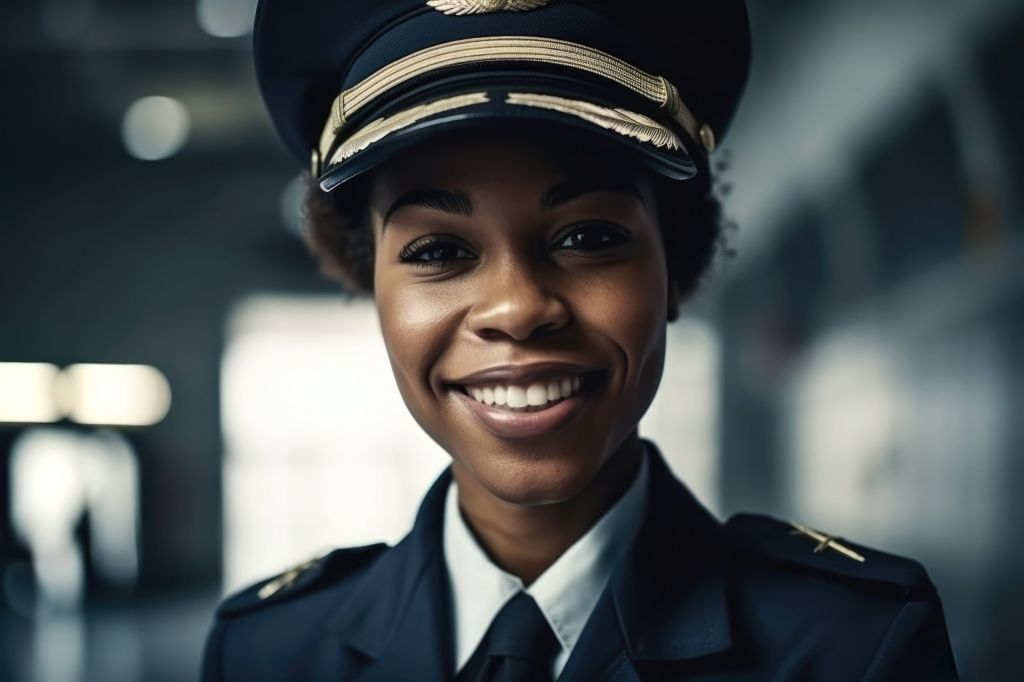
Another significant obstacle is the lack of female role models and mentors in aviation. The scarcity of women in leadership positions and as prominent figures within the industry makes it difficult for aspiring female aviators to find guidance and inspiration. Representation matters, and having successful women in aviation who can serve as role models is crucial to inspire the next generation of female pilots, engineers, and other professionals.
Furthermore, the aviation industry’s working conditions have historically been less accommodating to women. Long hours, unpredictable schedules, and extensive travel requirements can make it challenging for women to balance career aspirations with family responsibilities. Providing flexible work options, family-friendly policies, and equal opportunities for career growth can help break down these barriers and attract and retain more women in aviation.
To address these challenges and gender barriers, it is important for the aviation industry to recognize the value of diversity and actively promote inclusivity. Encouraging women to pursue careers in aviation from an early age, and providing educational and mentoring programs can help to ignite their interest and develop their skills. Additionally, promoting diversity in leadership positions and implementing policies that support work-life balance can create a more welcoming environment for women.
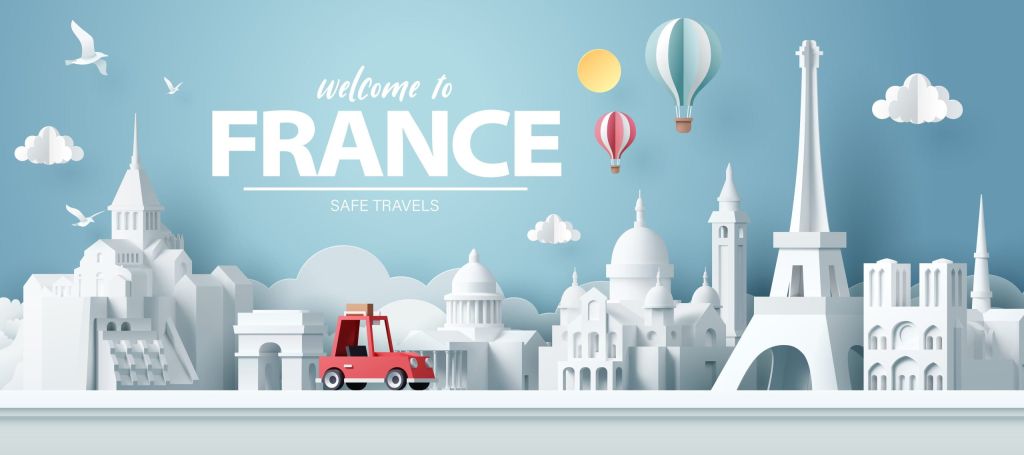
Breaking stereotypes and overcoming gender barriers is essential to ensure that women have equal opportunities and representation in the aviation industry. By working together to challenge preconceived notions and providing support and opportunities for women, we can create an aviation industry that thrives on diversity, innovation, and inclusivity. The sky should be the limit for all aspiring aviators, regardless of their gender.
